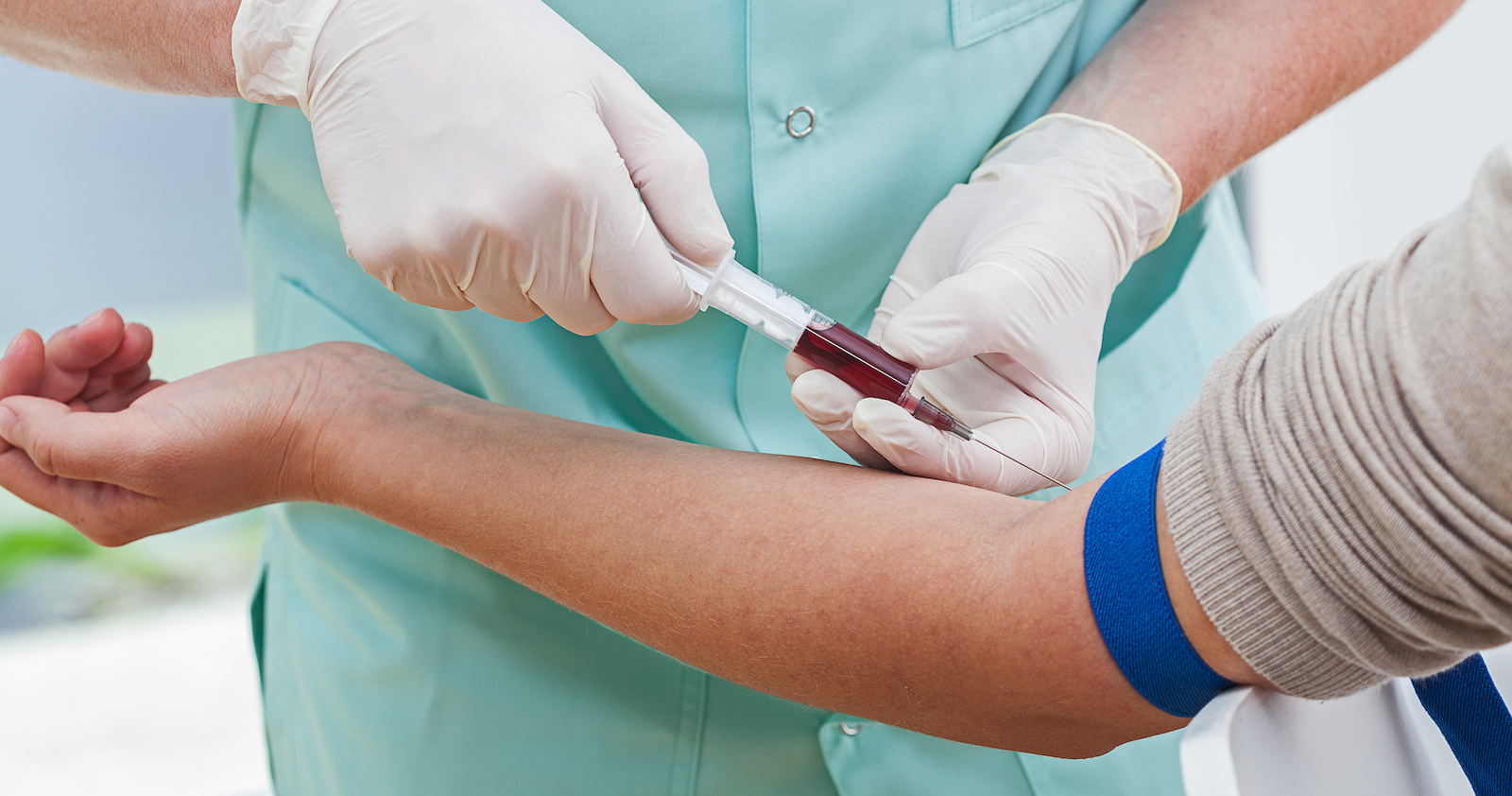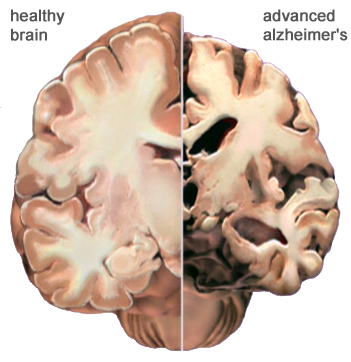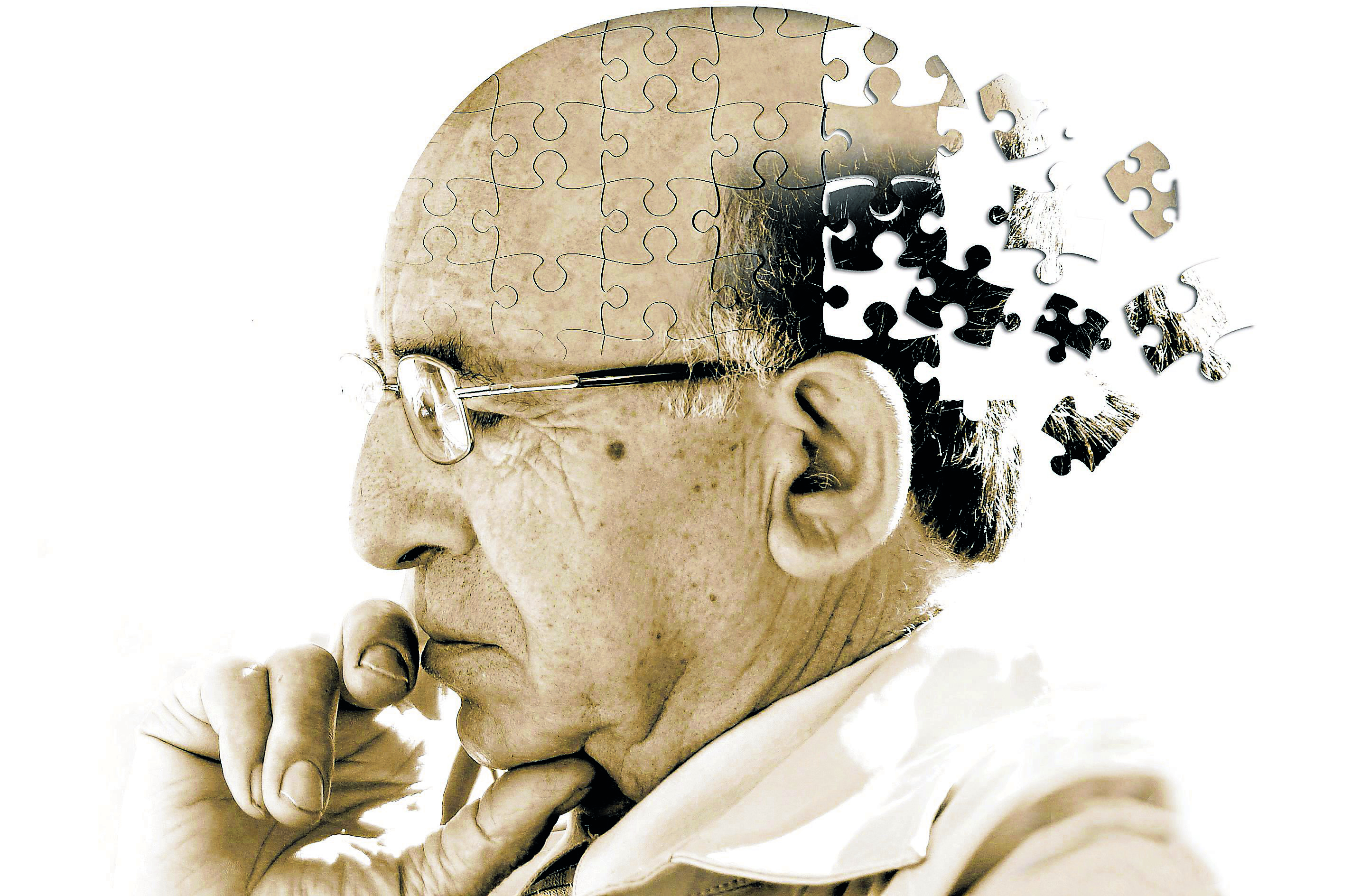Alzheimer's, the most common form of dementia, affects 5.3 million people in the United States, not to mention their families and close friends.
It targets the brain and causes memory loss and overall brain degeneration. Most common early symptoms can include short-term memory loss, problems with language, mood swings, and loss of motivation. However, there is no definitive technique to diagnose the disease until it's too late.
Currently, there is only one test that can determine if a person had Alzheimer's disease, and that test can only be conducted after the person has died.
"Current methods of diagnosing dementia can be slow and expensive, so finding a cheap, quick test that can accurately identify if someone has dementia is a top priority for researchers," said Doug Brown, director of research and development at Alzheimer's Society.
That's why this new test could prove to be so useful. But what kind of track record does this test have?
A study published in the Proceedings of the National Academy of Sciences journal looked at two different factors in regards to their new blood test. Researchers found they were able to identify Alzheimer's patients with up to 86% sensitivity and specificity. They also found the test was able to differentiate between Alzheimer's from dementia with Lewy bodies (a related condition) with 90% accuracy.
"For such a simple test to be so predictive is very exciting," said senior study author Francis Martin.
The test uses blood from patients and looks at the chemical bonds within it, which indicate traces of a neuro-degenerative disease. It looked at 347 patients with neurodegenerative diseases as well as 202 patients with healthy brains, all ranging in age from 23 to 90.
But despite the encouraging findings during the study, Martin says we have a ways to go before it becomes mainstream.
"We have now gone well beyond pilot studies," Martin said. "The appropriate validation studies are next -- these will take five to 10 years. The accuracy is not yet high enough and would currently lead to mis-diagnose. More development is needed to improve the accuracy before the test could reach the clinic. More study is also need to ensure these results can be reproduced and replicated."
"Blood tests are being widely investigated as a potential way to identify people with dementia," Brown wrote. "Alzheimer's Society is also funding studies that identify a wide range of biological signals through cerebrospinal fluid, brain scans and saliva to better detect who is at risk of developing dementia."
Would you take a blood test that could tell you if your body was developing Alzheimer's?



